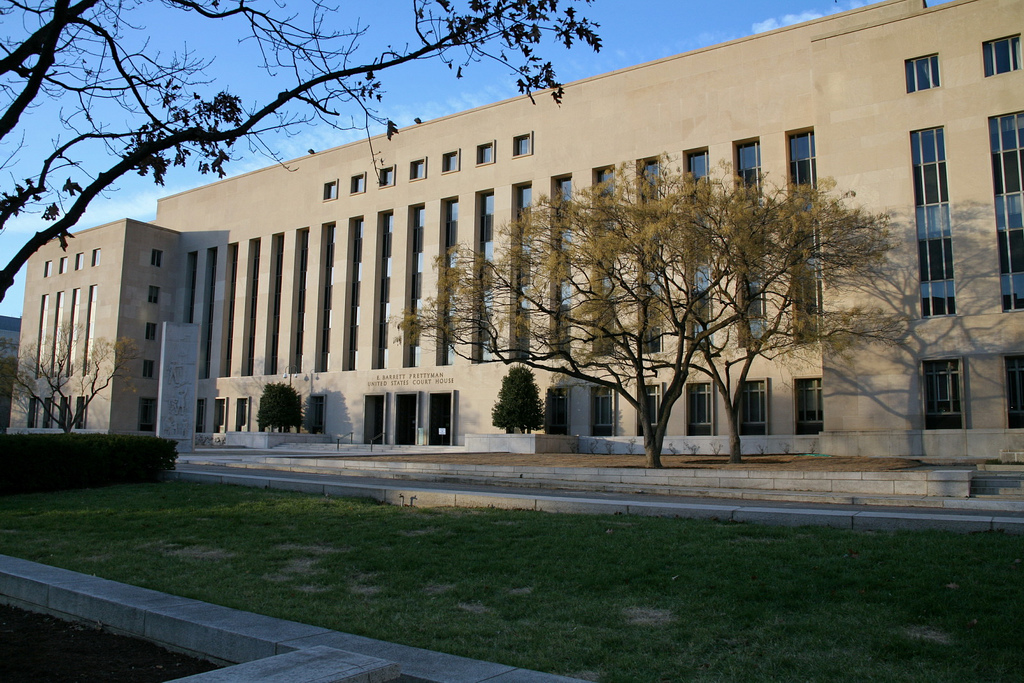What Fate for Captured Islamic State Terrorists?
The war with the Islamic State has been underway in Syria and Iraq for many years, and during this time large numbers of Islamic State members have been captured by Iraqi, Kurdish, and allied Syrian forces. The United States almost never takes custody of these captives. (John Doe is a rare exception to that rule, easily explained by the fact that he is an American citizen.)

Published by The Lawfare Institute
in Cooperation With

The war with the Islamic State has been underway in Syria and Iraq for many years, and during this time large numbers of Islamic State members have been captured by Iraqi, Kurdish, and allied Syrian forces. The United States almost never takes custody of these captives. (John Doe is a rare exception to that rule, easily explained by the fact that he is an American citizen.)
This is not surprising. A core lesson from the first decade of the post-9/11 period is that U.S.-administered detention generates severe political, diplomatic, and legal friction. Having local allies administer detention takes away that friction. So long as the U.S. feels it is getting adequate access to the intelligence that might be gleaned through interrogation—and we are told frequently that U.S. interrogators are given some access to these captives—considerations at first blush seem to strongly favor this approach.
So far so good. But some circumstances are more complicated than that. Some involve special equities that strongly favor taking custody of an Islamic State captive held by others, if possible.
One obvious example involves an Islamic State fighter who is a U.S. citizen. That’s the John Doe case, of course, and there we have indeed taken custody of the person. But what other examples might there be?
It seems to me we have a second example on our hands right now. A few days ago the New York Times reported the capture of Alexanda Kotey and El Shafee Elsheikh. These two men were part of a group of British members of the Islamic State who are particularly notorious for the horrors they perpetrated, including crucifixion of prisoners and involvement in the Islamic State’s brutal kidnapping and murder of American victims including Kayla Mueller and James Foley.
What might be done with them? Both have had their citizenship stripped by the British already, and they are not likely to be transferred to British custody. Both might be handed over to the Iraqis for prosecution, though their fate then would be uncertain. Both could remain in the custody of Syrian Kurds—and perhaps prosecuted by them in makeshift courts—but it is unclear how sustainable the Syrian Kurd’s prosecutorial and detention capacities are; who can say whether the Syrian Kurds will still control any territory at all five years from now?
But never mind all that. American equities seem particularly strong in this case. If the most proper long-term disposition option involves seeking capital punishment or at least a life sentence in a reliably secure facility (and providing at least a small margin of justice to the Mueller and Foley families) these men should be brought to the United States for prosecution. And if there is to be any hope of actually getting to trial, verdict, and punishment anytime soon, that prosecution obviously has to take place in a civilian federal court.


-final.png?sfvrsn=b70826ae_3)


